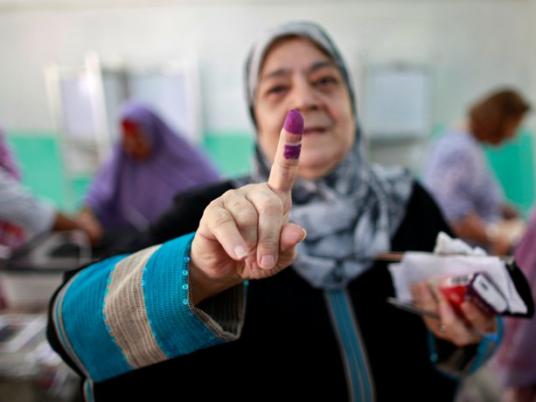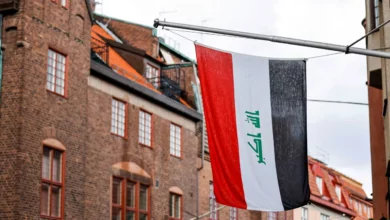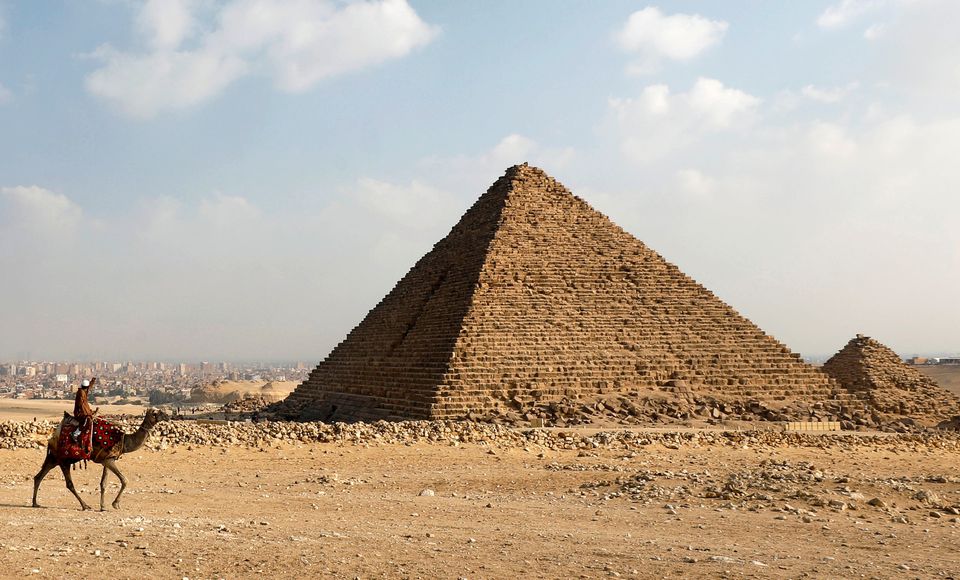The war of information in Egypt — one that has been at the heart of this revolution since its inception — is escalating.
On one side, the Supreme Council of the Armed Forces (SCAF), and the institutions it rules over, are making twin use of a fully compliant state media apparatus to demonize the protest movement and champion SCAF policies while intensifying a crackdown on dissent, attacking journalists and raiding civil society organizations. On the other, grassroots organizers have taken to the streets to transform public spaces across the country into forums that expose military abuses while continuing to use social media to foster growing discontent against the SCAF and push the boundaries of dissent within established private media outlets.
The latest escalation in this long-running media tug of war began last month, during clashes on Qasr al-Aini Street in downtown Cairo between protesters and the military that left at least 17 people dead and hundreds injured, marking the first sustained street battle involving army soldiers since the revolution began.
During the clashes, military forces assaulted and detained journalists, destroyed and confiscated media equipment and targeted news outlets. While much footage was lost in the army raids, the violent suppression of the protests was nevertheless captured on video and widely broadcast on private television stations and the internet. The notorious image of a young woman being dragged by two soldiers and stomped on by a third, her abaya pulled over her head to expose her stomach and bra, made headlines across the world.
At a televised news conference in the midst of the clashes, SCAF member Major General Adel Emara denied any wrongdoing, claiming the military "exercises a level of self-restraint that others envy." He blamed the violence on provocateurs executing a systematic plan to topple the government and accused the media of "helping sabotage the state.” To back up his claims, Emara played video footage of people throwing Molotov cocktails and — in a surreal presentation — of children 'confessing' they were paid to attack the military.
In response, activists launched a campaign they called "Askar Kazeboon" (Lying Officers) to expose violations by the army against protesters to the wider public. Using portable video screening equipment, organizers have been traveling to districts across the capital and to cities around the country setting up screens in public squares and sidewalks — even once projecting video on the wall of the Supreme Court — to air footage that clearly shows the army brutally beating and shooting at protesters interlaced with the SCAF's denial of any wrongdoing.
All but banned from the state media's TV and radio airwaves, activists are reclaiming these public spaces to use them as their own media outlets in the hopes of reaching sectors of Egyptian society not tuned in to online social media. The tactic echoes the "Tahrir Cinema" screenings, first set up by the independent media collective, Mosireen, during the July sit-in in Tahrir Square. Mosireen itself has become a powerful force in the burgeoning world of independent media in Egypt. The group has become effective at shooting, editing and uploading high quality videos that document protests and sit-ins, expose abuses by security forces and pay tribute to revolutionary martyrs. Their YouTube channel has become one of the most watched in the country and many of their videos are used in the 'Kazeboon' screenings.
As the first anniversary of the 25 January revolution approaches, the military council appears to be tightening its grip on any expressions of dissent. In the most egregious case, a man distributing fliers critical of the SCAF in Cairo's Abbasseyya district was arrested by police. Three days later, Gaber Sayed Gaber was sentenced to one year in prison in what the Arab Network for Human Rights calls "the fastest and harshest verdict against freedom of expression since the 25 January revolution."
A week later, four members of the April 6 Youth Movement were arrested by police for handing out fliers and putting up posters that called on Egyptians to take to the streets on the first anniversary of the revolution. The four were taken to a police department where they were severely beaten and insulted by officers before being taken to the public prosecutor, the movement said in a statement. Three of them were held for two days before being released on bail pending investigation into charges of disturbing public security and distributing posters without permission.
The arrests came in the wake of the highly-publicized raids of at least seven civil society groups by public prosecution officials backed by armed security forces. Files and computers were hauled away as part of a campaign by the transitional government against NGOs accused of receiving foreign funding. While fitting nicely into the SCAF's months-long narrative of a foreign plot to destabilize Egypt, the local NGOs targeted had also been a thorn in the side of the SCAF, including one that works to promote accountability and transparency in the military budget.
Authorities are also working to disrupt public gatherings and discussions. Earlier this week, the organizers of a "Tweet Nadwa" — an initiative started in the summer by prominent activist and blogger Alaa Abd El Fattah to discuss political issues of the day — were forced to gather on a crowded street in downtown Cairo after the original venue — the Goethe Institute's 'Tahrir Lounge' — canceled the event due to outside pressure, organizers said. As traffic flowed by, participants debated different strategies to remove the SCAF from the political picture — either by calling for a transfer of power this month to the newly-elected People's Assembly or by holding presidential elections immediately — and to use the anniversary of the revolution as a launching pad for a reinvigorated movement against the military council.
A year after the revolution began, the battle of information and ideas is as fierce as ever.
Sharif Abdel Kouddous is an independent journalist based in Cairo. He is a correspondent for the TV/radio show Democracy Now! and a fellow at the Nation Institute.




